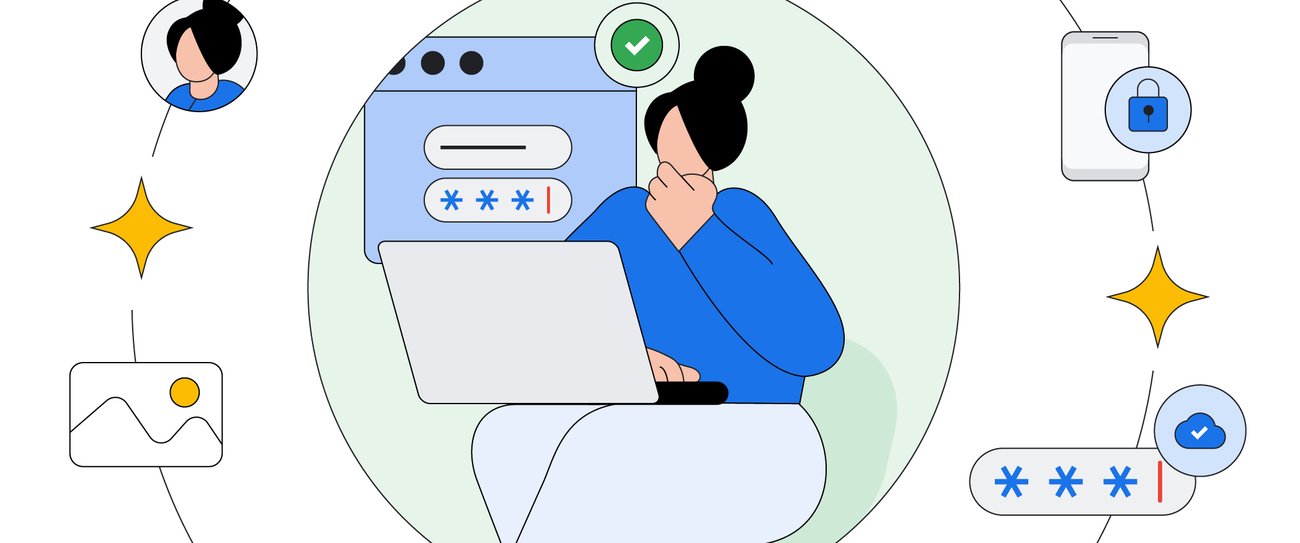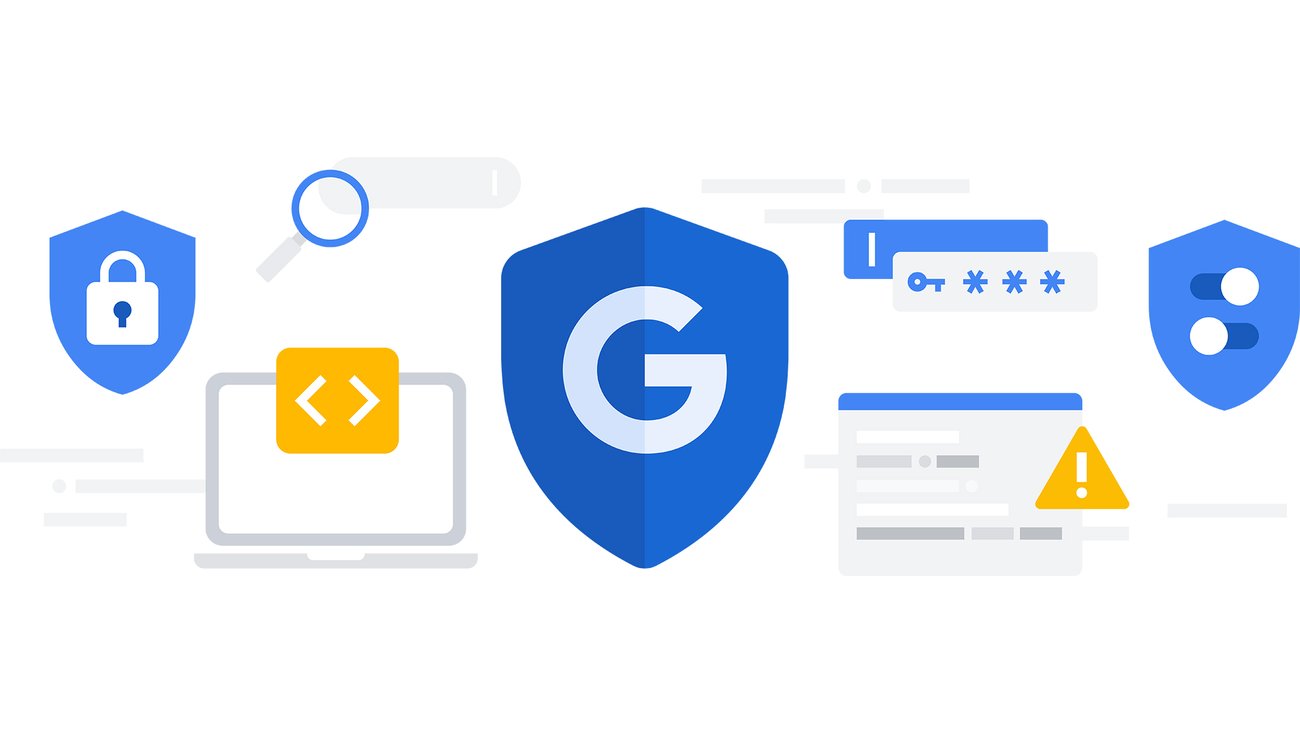[ad_1]
At Google, we focus on technology with built-in security measures: a secure-by-default approach. For example, our AI-enabled spam and abuse filters on Gmail and Google Search help block the vast majority of suspicious emails and spam sites before they ever reach you.
Beyond product design against scams, we recognize that creating a safer Internet for everyone is a collective effort. The rise in scamming incidents shows that we need to reinforce digital literacy — particularly among those most vulnerable.
Here are a few ways we’ve been collaborating with policymakers, NGOs and community partners on online safety initiatives these past 12 months in Asia-Pacific.
Online safety education
In India, we launched the DigiKavach program to combat online financial fraud at scale by analyzing scammer tactics and collaborating with industry experts, like the Fintech Association for Consumer Empowerment. Meanwhile, Google.org, Google’s philanthropic arm, supported the CyberPeace Foundation with a new grant of US$ 4 million for a four-year nationwide awareness-building program and a multilingual digital resource hub, which will help nearly 40 million underserved individuals learn about and protect themselves again misinformation.
In Singapore, we supported Project PRAISE: an initiative with RSVP Singapore: The Organisation of Senior Volunteers and the Singapore Police Force. This project trains volunteers to raise awareness of scams among seniors — a population particularly vulnerable to cyberattacks — through a series of workshops.
And in Hong Kong, we supported the Be a Smarter Digital Citizen program run by the Hong Kong Council of Social Service to improve students’ digital literacy and online safety awareness. We shared practical tips for securing online accounts: 2-step verification, safer search experiences with SafeSearch and Safe Browsing, AI-enabled anti-phishing features across Gmail and Chrome, and more.
[ad_2]
Source link







